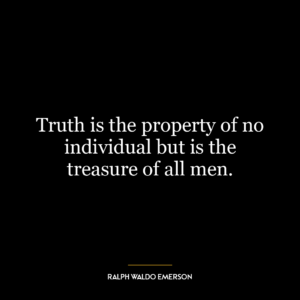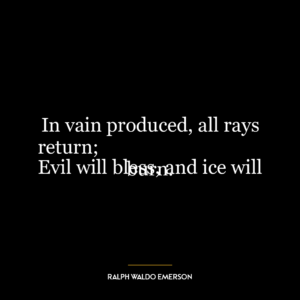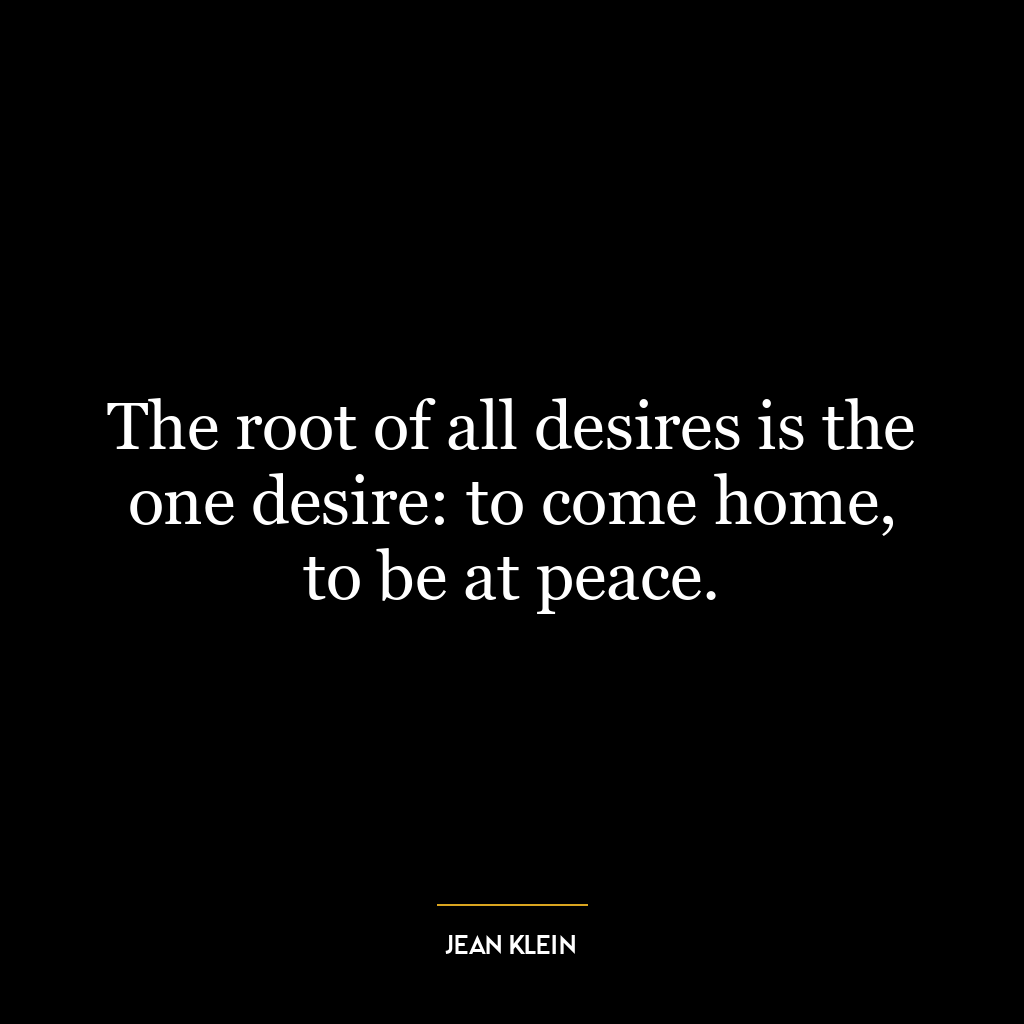The real and lasting victories are those of peace, and not of war.
This quote emphasizes the value and permanence of peace over war. It suggests that true victories are not won on battlefields, but in the realm of peace where conflicts are resolved through understanding, negotiation, and compromise rather than violence. The phrase “real and lasting” underlines the idea that while wars may bring temporary solutions or apparent victories, they often sow seeds for future conflicts. On the other hand, peaceful resolutions tend to be more enduring as they usually address root causes of disagreements.
The concept can be applied in today’s world at multiple levels – international relations, societal interactions, personal relationships or individual growth. In international politics for instance, a victory achieved via war might change borders or install new governments but it doesn’t necessarily lead to long-term stability or harmony between nations. However when disputes are settled peacefully through diplomacy and dialog – these victories tend to foster mutual respect and coexistence.
In societal context to this holds true – violent protests might grab immediate attention but sustainable changes mostly come from peaceful movements that focus on dialogue and understanding among different sections of society.
At a personal level as well this idea is relevant; we grow not by defeating others but by achieving inner peace. Personal development isn’t about winning arguments or overpowering others; real progress comes from resolving internal conflicts peacefully and finding harmony within oneself.
In essence, Emerson’s quote is timeless wisdom urging us to seek victory not through conflict but through peace – a message that resonates profoundly in our increasingly interconnected world where cooperation trumps confrontation.















